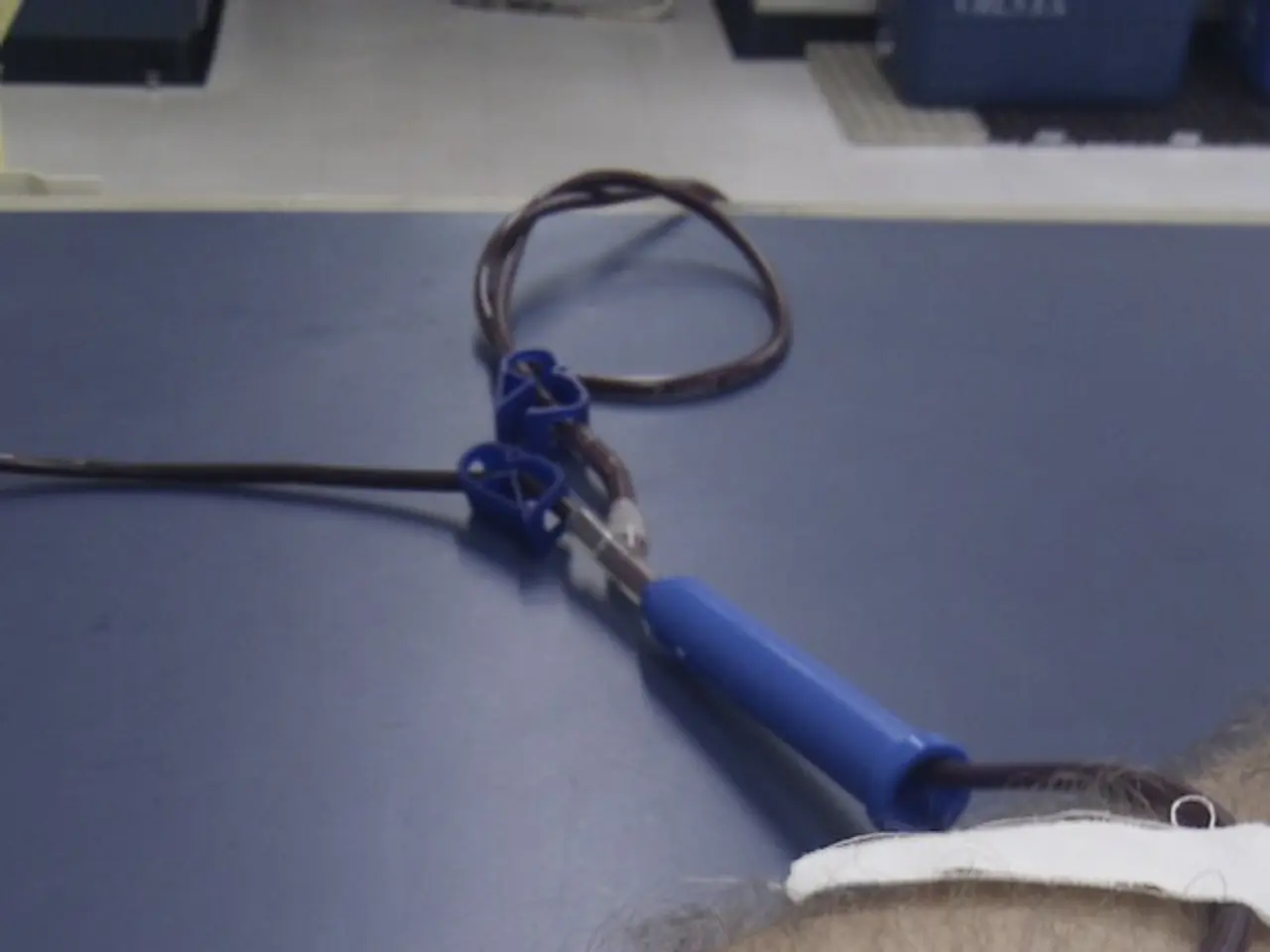Overspending of 1000 francs annually identified.
In Switzerland, a lack of transparency in the healthcare system has been a long-standing issue, with hospitals unaware of what other hospitals pay for medical implants, preventing them from negotiating lower prices. This opacity gives manufacturers significant negotiating power, leading to high prices for medical products and medicines compared to other countries.
A study conducted by the Federal Office of Public Health (FOPH) in 2021 revealed that up to CHF 8.4 billion, or about 20% of costs, could be saved annually in basic health insurance without any loss of quality for patients. This equates to roughly CHF 1,000 less per insured person.
The study found large price variations for medical implants and treatments across hospitals, with some hospitals purchasing a knee prosthesis for less than 1,000 francs, while others pay up to 5,700 francs for the same product. Similar price differences were observed for pacemakers, ranging from 1,200 to 5,400 francs.
The high prices are partly attributed to close relationships between surgeons and implant manufacturers. This relationship has been a subject of concern, as it may influence the prices hospitals pay for these products.
Health insurers, on the other hand, have a direct financial incentive to negotiate economically priced rates. Rising costs lead to rising premiums, which can put a strain on both insurers and policyholders.
The healthcare system in Switzerland lacks effective control instances, contributing to constant cost growth in the health sector. To address this issue, the federal government has commissioned further studies to test the effects of changes aimed at saving costs in the healthcare system.
One initiative aimed at promoting cost savings is the Premium Ticker, a platform that monitors lobbyists and profiteers in the healthcare system, uncovers abuses, and shares patient experiences. This platform has helped bring savings of 3.5 billion francs per year in basic insurance.
Another study commissioned by the Federal Department of Economic Affairs, Education and Research found large price differences between Swiss hospitals for orthopedic and cardiac implants. This study underscores the potential for savings in the healthcare system, particularly in the area of medical implants.
Generic drugs and biosimilars, copy products of biotechnologically produced drugs, are around 45.3% cheaper abroad than in Switzerland. This price difference highlights the potential for savings if more generic and biosimilar drugs were used in Switzerland.
In conclusion, the healthcare system in Switzerland presents opportunities for significant cost savings, particularly in the areas of medical implants and prescription drugs. Transparency, effective control instances, and a focus on cost savings can help to address the constant growth in healthcare costs and make the system more sustainable for both insurers and policyholders.
Read also:
- Abu Dhabi initiative for comprehensive genetic screening, aiming to diagnose over 800 conditions and enhance the health of future generations in the UAE.
- Elderly shingles: Recognizing symptoms, potential problems, and available treatments
- Exploring the Reasons, Purposes, and Enigmas of Hiccups: Delving into Their Origins, Roles, and Unsolved Aspects
- Various forms of cataracts include nuclear, pediatric, traumatic, and additional types







